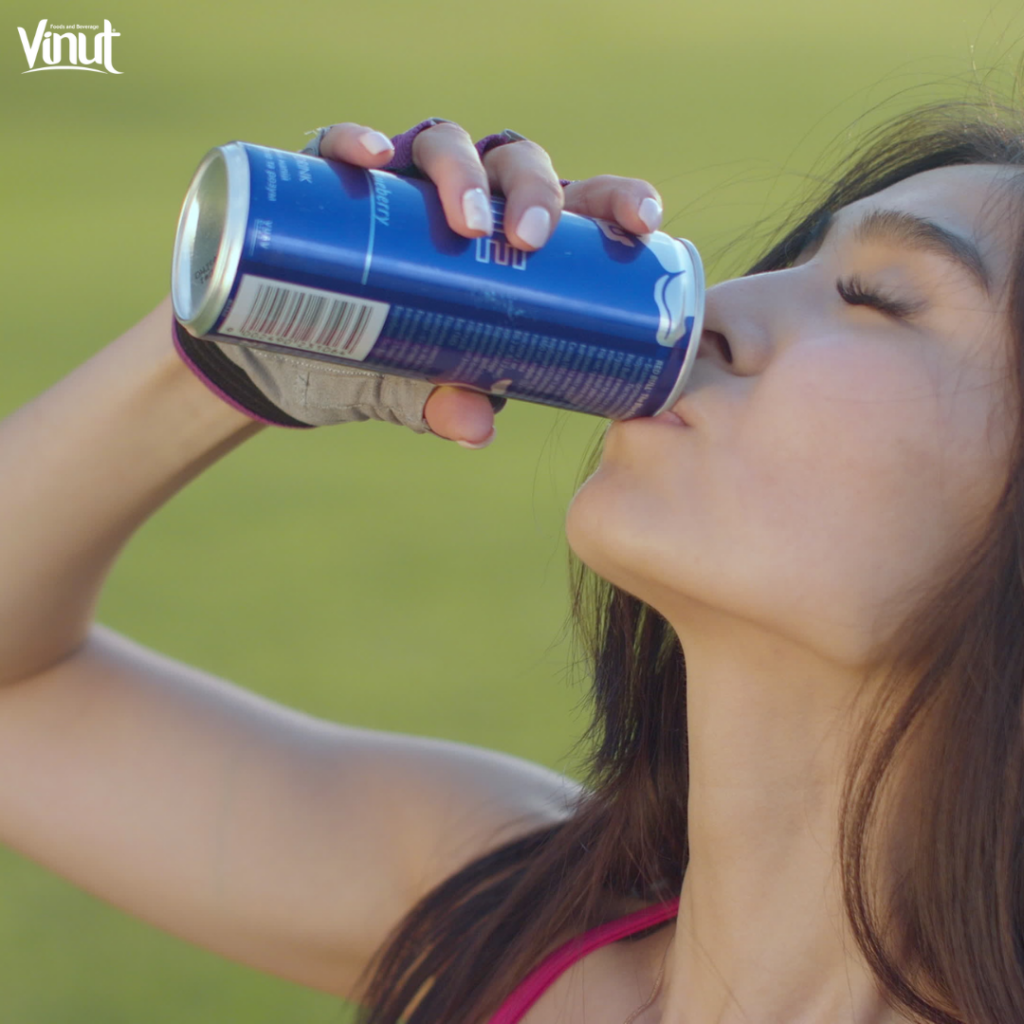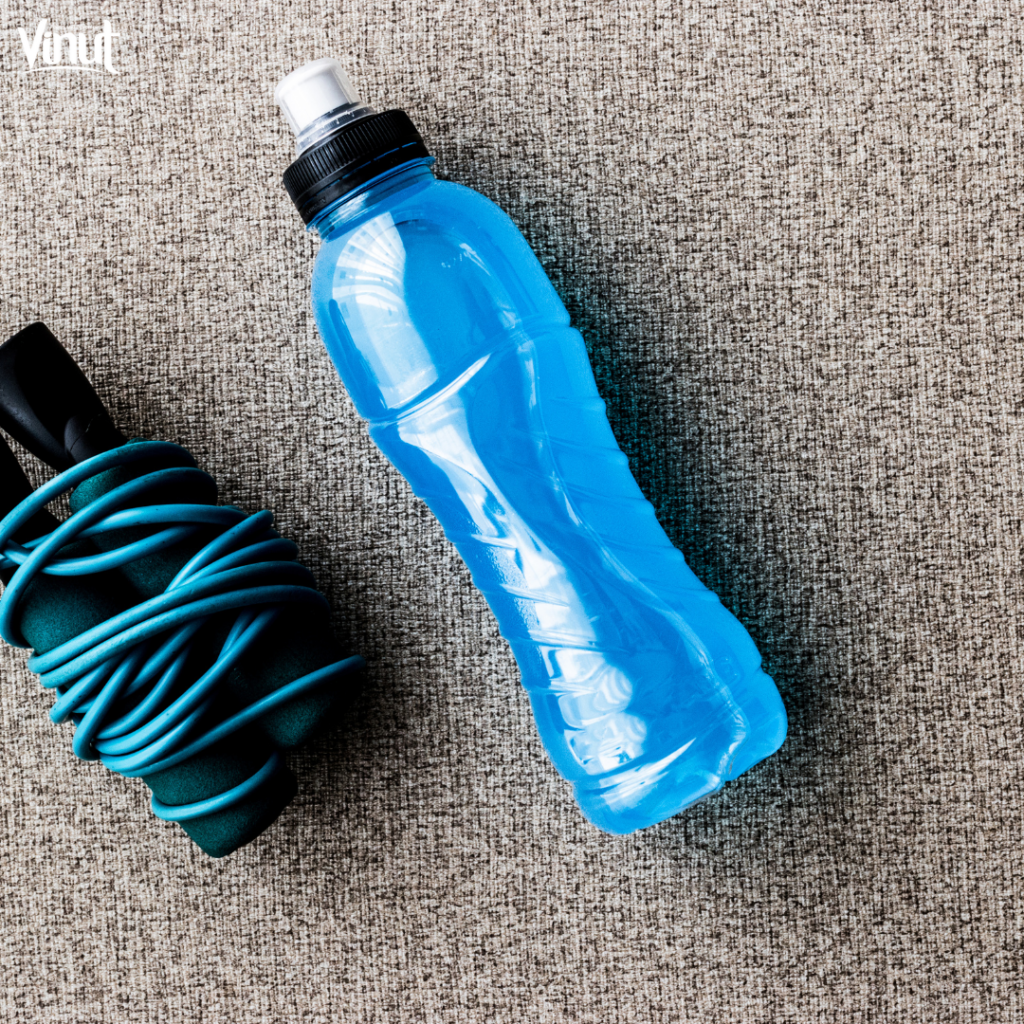
News
Can I Use Pre-Workout as an Energy Drink?

Introduction
Pre-workout supplements are designed to boost performance during exercise, but many people wonder, “Can I use pre-workout as an energy drink?” Energy drinks are popular for providing a quick burst of energy, usually through caffeine and sugar. Pre-workout supplements also contain caffeine and other stimulants, but their formulation is tailored for workout enhancement. This article Cojo Cojo explores whether using pre-workout as an energy drink is a good idea, its benefits, potential risks, and key differences between the two.

Table of Contents
What Is Pre-Workout?
Pre-workout is a type of supplement typically consumed before exercise to enhance physical performance, endurance, and focus. These supplements come in various forms, including powders, capsules, and drinks, and contain a blend of ingredients designed to boost your energy, strength, and stamina.
The primary ingredients in pre-workout supplements include:
- Caffeine: A central nervous system stimulant that increases alertness and energy.
- Beta-Alanine: Reduces muscle fatigue by buffering lactic acid build-up.
- Creatine: Supports muscle strength and power.
- Nitric Oxide Boosters (e.g., L-arginine, L-citrulline): Enhance blood flow, delivering more oxygen to muscles.
- B-Vitamins: Help convert food into energy.
What Are Energy Drinks?
Energy drinks are beverages designed to give you a quick energy boost, primarily through caffeine and sugar. Popular brands include Red Bull, Monster, and Rockstar. Most energy drinks contain:
- Caffeine: The main ingredient for increasing alertness and combating fatigue.
- Sugar: Provides quick, short-term energy.
- B-Vitamins: Help boost energy metabolism.
- Taurine: A common amino acid used in energy drinks that supports cardiovascular health.

Differences Between Pre-Workout and Energy Drinks
- Purpose:
- Pre-Workout: Specifically formulated to enhance athletic performance, endurance, and muscle strength during workouts.
- Energy Drinks: Primarily designed to provide a quick energy boost to combat tiredness and improve alertness in daily activities.
- Ingredients:
- Pre-Workout: Often contains additional performance-enhancing ingredients such as beta-alanine, creatine, and nitric oxide boosters. It tends to have more potent and targeted ingredients for physical exertion.
- Energy Drinks: Contain more sugar and tend to focus mainly on providing caffeine for an instant energy boost.
- Caffeine Content:
- Pre-Workout: Typically contains more caffeine (150-300 mg per serving), designed to energize you through intense workouts.
- Energy Drinks: Caffeine content varies but generally contains 70-150 mg per serving, which is enough to increase alertness but not as much for prolonged physical activity.
- Duration of Effect:
- Pre-Workout: Provides sustained energy to last through long workouts, often lasting 2-3 hours.
- Energy Drinks: Offer a quick energy boost that usually lasts 1-2 hours, often followed by a “crash.”
Can You Use Pre-Workout as an Energy Drink?
Yes, you can use pre-workout as an energy drink, but there are factors to consider. Pre-workout supplements contain caffeine, which is the main ingredient in both pre-workout and energy drinks. However, pre-workouts often contain higher levels of caffeine and other performance-enhancing ingredients that may not be necessary or suitable for regular daily use outside of exercise.
Let’s explore the benefits and potential drawbacks of using pre-workout as an energy drink.
Benefits of Using Pre-Workout as an Energy Drink
- Increased Energy Levels: The caffeine and stimulants in pre-workout will provide an immediate and strong energy boost, which can be useful for those looking to stay awake or alert.
- Improved Focus and Concentration: Pre-workout supplements are formulated to enhance mental alertness, helping you stay focused during tasks, whether at work or school.
- No Sugar Crash: Most pre-workout formulas are sugar-free, meaning you avoid the spike-and-crash cycle associated with sugary energy drinks.
- Longer-Lasting Energy: Pre-workouts are designed to provide energy that lasts through intense physical activity, making them more effective for sustained energy compared to energy drinks.

Drawbacks of Using Pre-Workout as an Energy Drink
- Excessive Caffeine Intake: Pre-workouts typically contain more caffeine than most energy drinks. While this is beneficial during exercise, consuming too much caffeine when you’re not working out can lead to jitteriness, anxiety, or insomnia.
- Overstimulation: Ingredients like beta-alanine or nitric oxide boosters found in pre-workouts are designed for physical exertion. Taking them when you’re not exercising can result in unwanted side effects like tingling sensations (paresthesia) or flushed skin.
- Unnecessary Ingredients: Pre-workouts often contain creatine, beta-alanine, and other compounds that enhance workout performance. These ingredients are unnecessary if you’re not exercising, and they may put additional strain on your kidneys over time if taken excessively.
- Dehydration Risk: Some pre-workouts include diuretics that increase urine production. This could lead to dehydration if you’re not hydrating properly, especially if you’re using pre-workout as an everyday drink.
Should You Use Pre-Workout Outside of Exercise?
Using pre-workout as a substitute for an energy drink is generally not recommended for daily use outside of workouts due to the high caffeine content and performance-enhancing ingredients. Energy drinks are better suited for short-term energy boosts without the additional workout-oriented ingredients.
However, if you find yourself in a pinch and need a boost, a low-dose serving of pre-workout can provide energy. The key is moderation and understanding how your body reacts to these potent supplements.
How to Safely Use Pre-Workout for Energy
If you want to use pre-workout as an energy drink alternative, consider these tips for safe usage:
- Check Caffeine Content: Be mindful of your total caffeine intake for the day. Avoid consuming more than 400 mg of caffeine per day to stay within safe limits.
- Start with Half a Serving: If you’re not engaging in physical activity, start with half a serving of pre-workout to gauge how your body reacts. You might not need the full dose that you would take before a workout.
- Stay Hydrated: Pre-workouts can lead to dehydration due to their stimulant content. Drink plenty of water if you’re using them outside of exercise.
- Limit Usage: Don’t make a habit of using pre-workout daily as an energy drink replacement. Reserve it for occasional use when you need an extra boost and don’t have access to other caffeine sources.

Is Pre-Workout More Effective Than Energy Drinks?
Pre-workout is more potent than energy drinks for physical performance enhancement because it contains more than just caffeine. The added ingredients help improve strength, endurance, and blood flow. However, if your goal is simply to stay awake and alert during the day, energy drinks may be more appropriate due to their lower stimulant content and shorter duration of effect.
When Should You Stick to Energy Drinks?
- Mild Energy Boost Needed: If you only need a mild pick-me-up to get through the day, an energy drink with a lower caffeine content is a safer choice.
- Daily Use: For everyday energy needs, energy drinks are a better option since they don’t contain unnecessary ingredients designed for athletic performance.
- Sugar Preferences: If you prefer a sweet drink, energy drinks might offer the flavor you’re seeking, though be cautious of the sugar content.

Conclusion
While you can use pre-workout as an energy drink, it’s not always the best idea. Pre-workout supplements are formulated specifically for exercise and contain higher levels of caffeine and performance-enhancing ingredients that are unnecessary outside of workouts. Energy drinks are designed for short-term energy boosts and are often more suitable for daily use. If you choose to use pre-workout for an energy boost, do so in moderation and be mindful of your overall caffeine intake.
FAQs
- Is it safe to drink pre-workout without exercising?
- Yes, but use caution. Pre-workouts contain high levels of caffeine and ingredients meant for physical exertion, which can cause unwanted side effects if taken without exercise.
- How much pre-workout should I take if I’m not working out?
- Start with half a serving or less, especially if you’re not engaging in physical activity. This reduces the risk of overstimulation.
- Can pre-workout replace coffee?
- Technically, yes. Both contain caffeine, but pre-workout has added ingredients that are unnecessary for daily energy needs. Coffee is a safer, simpler choice for daily caffeine intake.
- What happens if I take pre-workout every day?
- Taking pre-workout every day, especially without exercising, can lead to caffeine tolerance, overstimulation, dehydration, and potential strain on your kidneys over time.
- What is the main difference between pre-workout and energy drinks?
- Pre-workout supplements contain more caffeine and additional ingredients to enhance exercise performance, while energy drinks are designed for a quick boost in daily activities with lower stimulant content.
